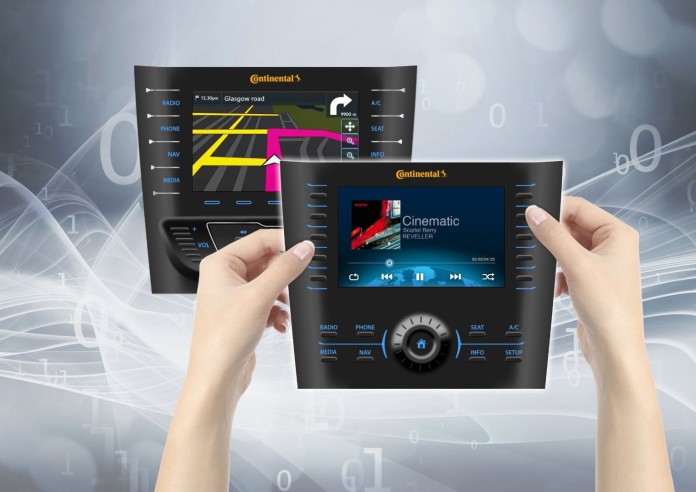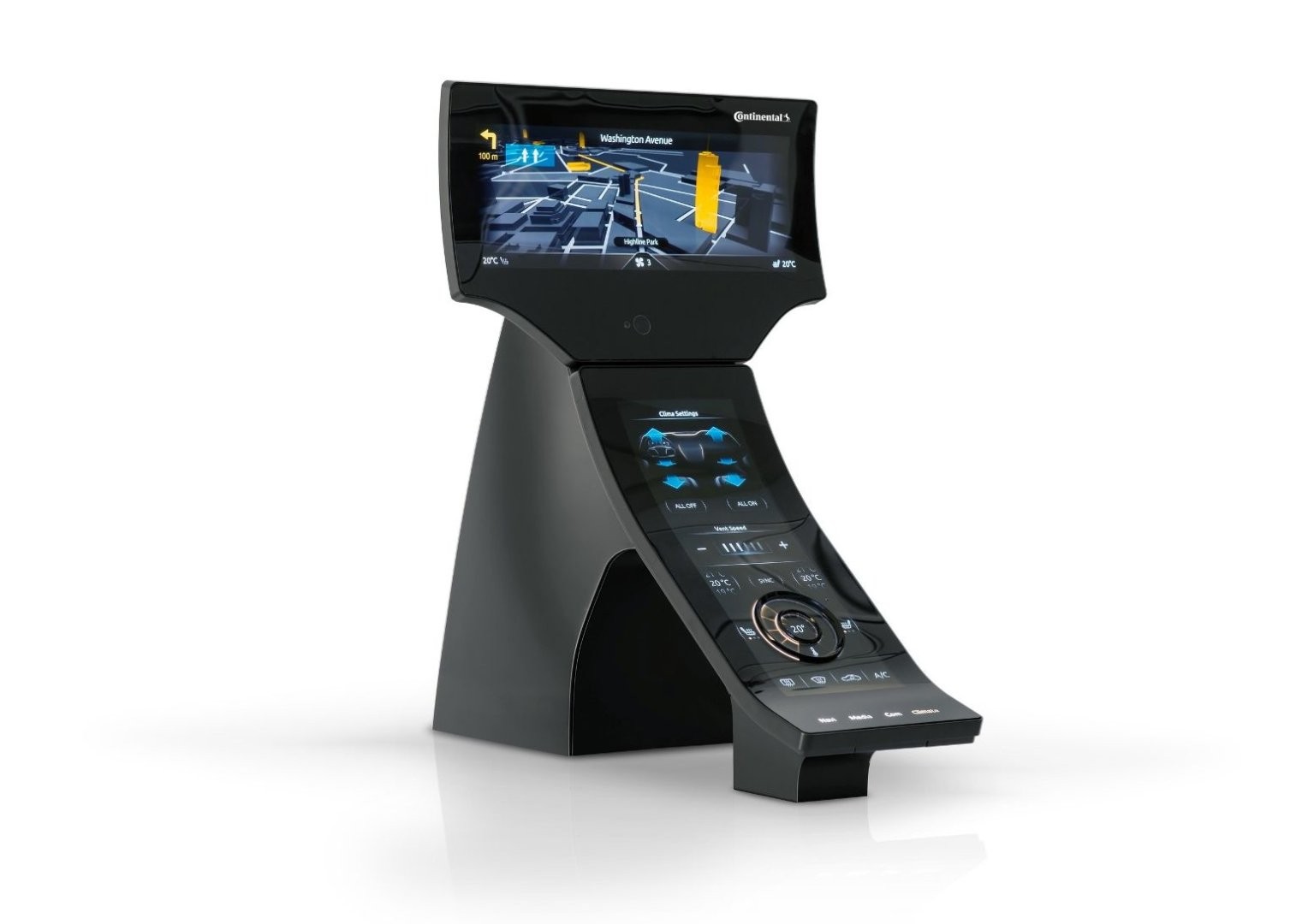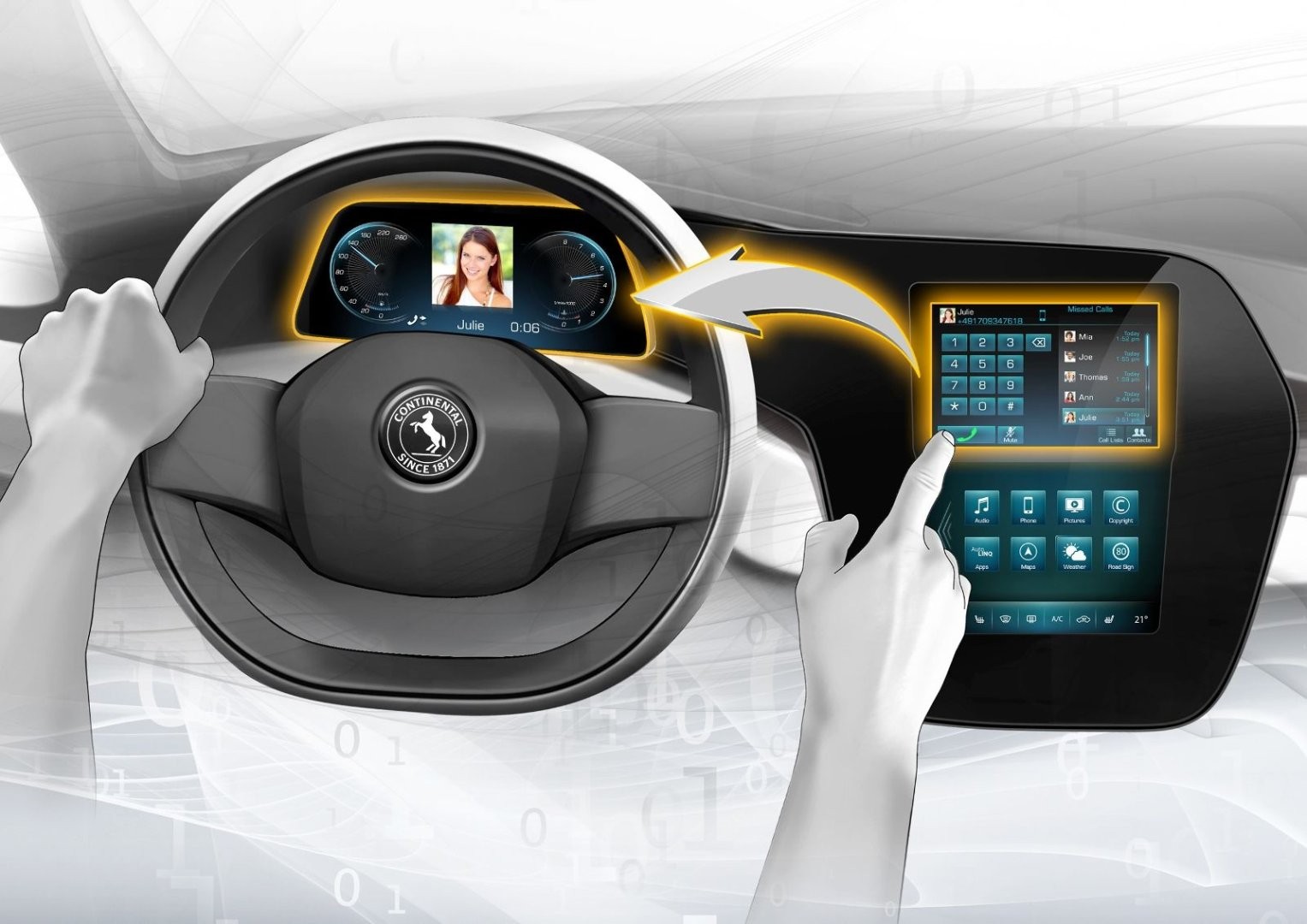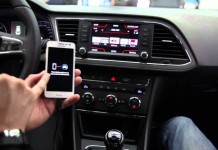
From vehicles being enhanced by online data to innovative human-machine interface concepts, Continental, an international technology company, is demonstrating how “Holistic Connectivity” transforms evolutionary changes in vehicles to a revolutionary mobility experience at CES.
- Dynamic eHorizon proves how the Internet enables better cars
- New usability concept on next generation head unit revolutionizes the user experience
- The cockpit’s wow factor, a Curved Integrated Centerstack System
- Continental’s thin Adaptable Faceplate is flexibility for global infotainment
“Making the vehicle part of the Internet requires rethinking the entire technology in and beyond the vehicle, from the human-machine interface (HMI) up to the drivetrain. At Continental, we call this holistic connectivity. With our dynamic eHorizon, innovative infotainment functions and user interfaces, we are demonstrating at the CES how Continental innovations enable our future mobility,” said Helmut Matschi, member of the Continental Executive Board and head of the Interior division.
Dynamic eHorizon: How the Internet enables better vehicles

Reducing fuel consumption, safety and automated driving have one thing in common— they require forward looking vehicles. To provide vehicles with the necessary fresh and accurate information on the road ahead, Continental is developing the dynamic eHorizon, a cloud-based technology that uses information from the road ahead to directly enhance vehicle electronics. For the first time, Continental is presenting how this dynamic data allows a reduction in fuel consumption of up to 4% with a Mild-Hybrid (48 Volt) vehicle with Connected Energy Management on the roads of Las Vegas. In another eHorizon vehicle, Continental is using dynamic data to increase the driver’s field of view and warn them about dangerous situations long before they would become visible.
New usability concept on next generation head unit revolutionizes the user experience
For its next generation of head units and infotainment platforms, Continental is developing a revolutionary usability concept that allows shifting content across screen boundaries and over various displays. The core technology, the HMI Server, handles the requests of the different applications, following an intelligent information strategy that displays information not only according to the driver’s needs, but also depending on the driving situation, right where the driver needs to see it.

With AutoLinQ, Continental is demonstrating an innovative way and operating-system-independent way, to integrate applications from the driver’s or passengers’ mobile device into the vehicle’s infotainment system independently. Using HTML5 frameworks on both, the user’s smartphone and the head unit, the AutoLinQ technology allows Apps to be easily installed from the smartphone onto the head unit and integrated directly into the head unit’s innovative HMI concept. Just as the preinstalled functions do, the downloadable AutoLinQ Apps are following the HMI Master’s logic, seamlessly enhancing the driver’s user experience.
Any cockpit’s wow-factor: Curved Centerstack System
Future-proof design and innovative functionality make a vehicle’s interior not just attractive, but stunning. With its Curved Centerstack System, Continental is leading the way in interior design for the connected vehicle of the future. The system combines two 12.3 inch AMOLED touch displays with active haptic feedback, force sensing and a time of flight sensor for gesture detection. Bringing these state-of-the-art technologies together, not only allows for a very attractive and flexible HMI, but the haptic feedback and force sensing with active finger guidance reduces driver distraction and increases driving safety. Thanks to innovative molding processes, the functional curved plastic surface has a high-value appearance, which would normally require more expensive glass instead of plastics as main material.
Thin Adaptable Faceplate: Flexibility for global infotainment
Drivers all around the world are individuals, following different habits and having varying preferences and needs, for example when it comes to operating their infotainment system. Offering regional and car line specific infotainment systems, which cover all different requirements, poses big challenges for global automakers because they need to offer a large variety of faceplate variants. With the thin adaptable faceplate, Continental has developed a new approach for flexible interior design. The highlight is Continental’s 17 millimeter thin faceplate that has no mechanical buttons and can easily be exchanged by the automaker while the computing hardware in the background stays the same, significantly reducing tooling costs. The entire faceplate is covered by a capacitive surface, which includes an electro-luminescent foil, replacing traditional LEDs. Thanks to reconfigurable software buttons, even drivers can create their own HMI by easily and seamlessly setting shortcuts from Apps on the display to software buttons of the faceplate.







